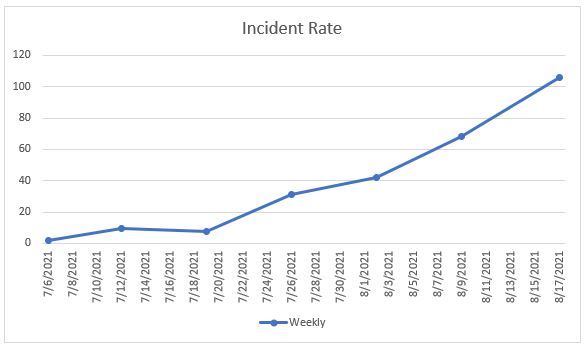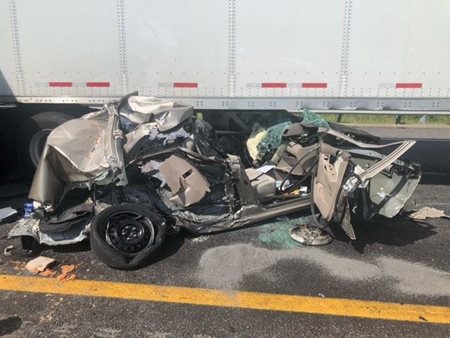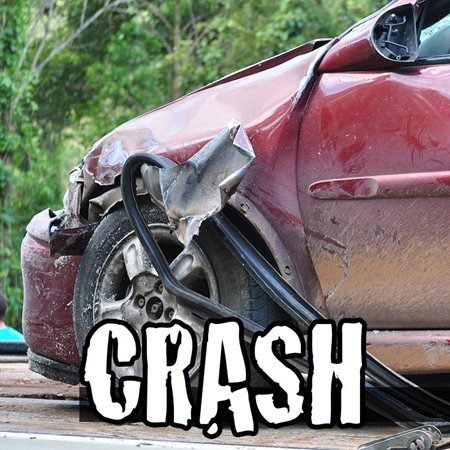Dean Egner of Covington, GA, is originally from western Kentucky, and has some historical perspective because of his ancestry. He is the great-great-grand-nephew of Milton Harvey Eggner, who bought land along the Tennessee River in 1848, and operated the ferry from 1840 until 1878.
Eggner ran a stage route from Hopkinsville to Murray and Columbus, and also operated a mail route to Paducah. He built a store and tavern near the ferry landing, eventually leasing some of the businesses to others who operated them.
"The first ferry, I believe, was operated with oars", Egner says, "and then later was operated by a blind mule walking in a circle on the boat's deck, and hitched to a sweep pole to supply power to the boat. Later, he updgraded it to a steam engine."
Eggner had a gristmill to grind corn meal on the steam-powered ferry, and was quite the entrepreneur. He operated a stagecoach and freight line between Hopkinsville to Murray and Columbus. This was during a period when westward expansion was beginning, so he saw an opportunity and seized it.
Milton Eggner ran the ferry until 1878, when he sold everything to a son and daughter. It continued to operate until the first bridge was built (work started in 1928), but Dean Egner doesn't know much about the ferry's later years, other than the fact that it kept the family name.
Milton was a slave owner, and so he sympathized with the Confederates during the Civil War. It's been related to Dean that bodies would sometimes float down the river after battles on the upper Tennessee River, and Milton would spot them from the ferry.
Egner says that if a Union soldier's body would float by, Milton would curse them and push them away from the boat so they would continue their trip downstream. But, if they were wearing Confederate uniform, they were treated differently.
"Those wearing Confederate uniforms were taken from the water and buried in a nearby field, or he would try to find their families, if they had identification", Egner relates.
Dean Egner still has relatives in western Kentucky, and his wife's mother lives in Paducah. He worked for BellSouth as a lineman until 1980, and then relocated with his job. He says the extra "G" is just one of 31 spelling variations of the Swiss surname, including some that begin with an "A".





